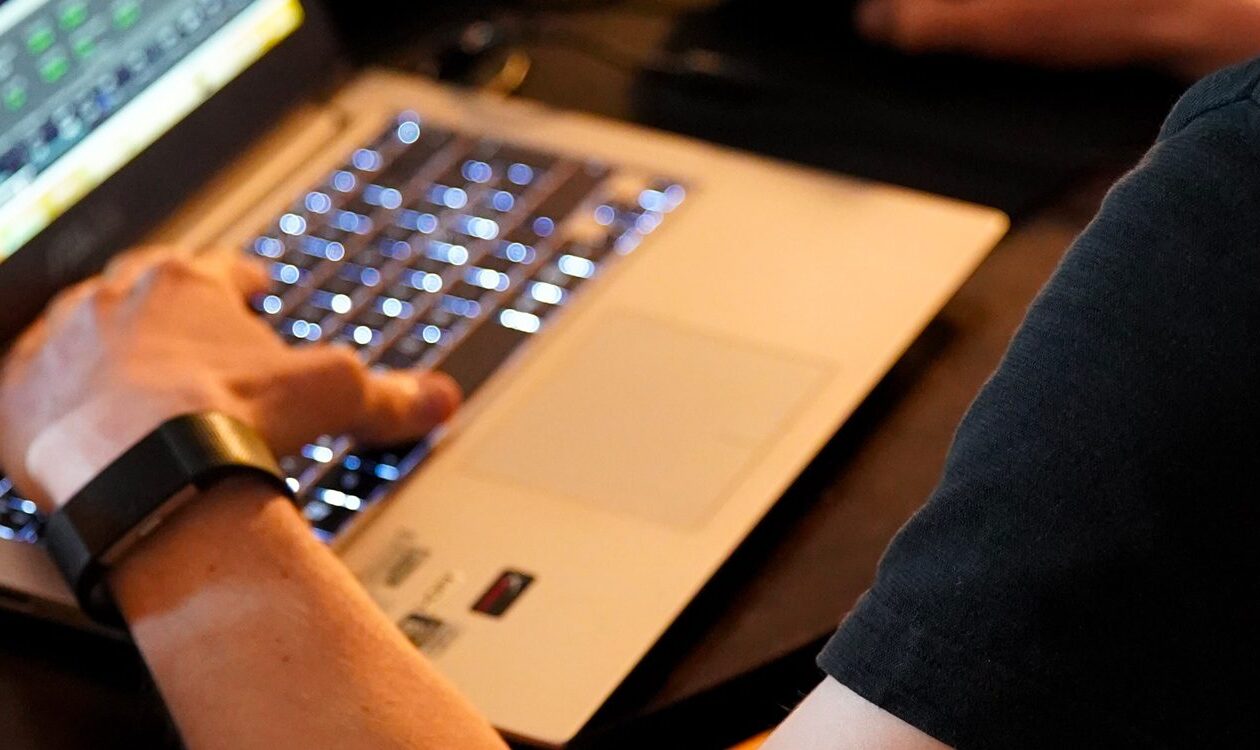ESL & Network et Antidox sont heureux d’avoir convenu un partenariat avec The Ambassador Partnership, cabinet de conseil britannique réputé et composé d’anciens ambassadeurs spécialistes de la résolution de conflits et experts en risques politiques (www.ambassadorllp.com).
Little noticed by the wider world – and still less understood – Lebanon held its five-yearly parliamentary elections on 15 May. The detail of the results is as confusing as you would expect from Lebanon’s complex political DNA.
They count nonetheless as part of the patient steps needed towards rescuing the country from its economic catastrophe. And giving it hope as a viable state in the future. Whether those steps can ever be taken, and lead to success, continues to depend ultimately on the geo-political designs of outside powers, and on the future of the ideological impetus that began with Iran’s Islamic Revolution of 1979.
From 1977 to 2005, Syria occupied much of Lebanon militarily and called the political shots. (Israel spent much of that time occupying the South, but never managed to infiltrate and control national government as Damascus did.) Lebanon clung to the half-truth of its independence, looking to the political support of its natural friends in the West, above all France. The growing power of Iran, acting through its proxy Hizbullah, worked in the shadow of Syrian control, until the devastating civil war there from 2011 ended it, leaving Hizbullah in sole charge. With its quisling Lebanese allies, Hizbullah has long controlled the parliament and the Council of Ministers, backed by the threat of armed force and the occasional judicious political assassination.
That description would be furiously denied by Hassan Nasrallah, the powerful Hizbullah leader. But his bullying television lectures now draw apathy and cynicism from his power-base in the Shi’ite South, as reflected in the low turn-out in the recent elections. They draw increasingly open derision from civil society as a whole. For a long time the Lebanese seemed to self-censor their view of Hizbullah, fearful of open divisions that could lead to the country falling back into severe civil conflict. Hizbullah’s defeat of the far more detested Israeli enemy in the 2006 war boosted its standing briefly, even among its critics. But the naked truth, that Iran and Hizbullah use “the arms of the Resistance” and opposing Israel as the ultimate justification for all their abuses of Lebanon’s constitutional order and political existence, is now widely acknowledged. The systematic corruption encouraged by Hizbullah in order to retain its local political allies is rightly regarded as the source of the country’s present acute economic and political crisis.
There is also now a wide belief that the destruction of the economy is part of a relentless Iranian intention to “de-occidentalize” Lebanon and bind what is left of the country to its own regional agenda. The fact that, since the economy began to collapse in 2019, huge numbers of skilled and educated Lebanese have had to seek employment abroad, tends in that direction. But this has also given the forces of reform and renewal a powerful external base. In the internet age, you can take part in political debate and form movements promoting change, whether you are in Beirut, Dubai, Paris or London. You can vote, as the diaspora did in large numbers last month, responding to online campaigns for participation. Activists joined forces between those still in Lebanon and those who now live abroad, with funding coming from the wealthy diaspora.
The acuteness of economic distress in Lebanon has propelled a change in attitude. The massive peaceful demonstrations in 2019 against the corruption and complicity of the entire political elite led nowhere. The ultimate power-holders simply ignored it. Saad Hariri, in the largely nominal post as Prime Minister, could do nothing to unblock either of the two most important “technical” issues, the banking crisis and that of electricity supply, let alone start putting an end to the shameless looting of the state. Najib Mikati, his successor, despite seeing clearly the urgency and the means to resolve the crises, was equally blocked. He is now caretaker Prime Minister following the elections and means to retire from politics. Saad Hariri has retired so completely that his party, the mainstay of the Sunni voters, took no part in the recent elections.
The parliamentary elections thus arrived at a time of existential self-questioning by the Lebanese population as a whole. Focused on daily survival, and profoundly disillusioned with the political process after decades of war and subjugation, many would not take part. Others worked hard to back change candidates and programmes. The outcome was more hopeful than many had dared hoped.
The main lesson to draw is that Hizbullah have lost ground with public opinion, and are living in a fantasy world created by their own relentless propaganda. When every Lebanese urges practical solutions to the economic crisis, being hectored about “the arms of the Resistance” simply confirms their negative view. (Nasrullah’s response to the economic crisis by telling people to eat potatoes, and to defy the West and Israel, has not been forgotten.) Hizbullah reportedly resorted to intimidation and vote-tampering at some polling stations to retain its seats. Its allies lost significantly, as did those traditionally allied with Syria. The strongest results came from the Maronite north, leading to the Lebanese Forces forming the largest party in Parliament. Saudi Arabia, which in the past attempted to counter Iranian influence through backing Sunni parties, now appears to be backing the Christian Lebanese Forces, the Sunni political presence having for now disintegrated.
A good number of change candidates were elected, both as independents and within some other parties. They will hold the balance in Parliament, where Hizbullah and its allies have lost the majority. In practical terms, this may mean little for the effective control of the levers of state. The Council of Ministers, yet to be formed with a new government, can still easily be blocked. And by the end of October Lebanon’s Parliament has to elect a new President of the country, to replace the ailing 85-year old Michel Aoun, the most complaisant of Hizbullah’s allies. His son-in-law, Gebran Bassil, seen by all as the very emblem of shameless corruption, hopes to succeed him. Political energies will be absorbed in trying to prevent him.
Everyone involved in the struggle for Lebanon’s survival knows that the political obstacles remain daunting. Their bottom line is that there should be no return to violence. The threat of that is precisely the strongest card in Hizbullah’s hand. But it is not one that could ever solve the economic crisis, let alone lead to national consensus and renewal. Outside Lebanon, President Macron is the one Western leader to understand and actively sympathise with Lebanon’s predicament. With his re-election, there is at least the hope of a coherent Western role in support. The IMF has agreed financial assistance on condition of far-reaching governance and fiscal reforms; but this will not be back on the table for discussion until after the Presidential election.
Hizbullah’s campaigning framed the parliamentary elections as a referendum on “the arms of the Resistance”. The result illustrated how far they have lost the Lebanese people, including the sectarian base they aspire to represent. There are parallels with developments in Iraq, where Iran’s undeclared and abusive hegemony also determined a swing in elections towards a concerted nationalist reform movement. The Lebanese change movement, for its part, did not make Hizbullah the focus of their campaigning. Instead, they are targeting a deep clear-out of corruption and inefficiency in all aspects of politics and the economy. And the building of a modern state firmly based on equity and respect for individual rights, in keeping with Lebanon’s fundamental culture. A Herculean task. It is being undertaken with energy and clear-sightedness, and deserves sympathy and support. The West needs to be more attentive to what is really happening, and more careful in what it says and does, not only in respect of Lebanon but also of Iraq, Syria and Palestine, where peaceful civic movements have their eye on the prize of a much better future.
Publié par The Ambassador Partnership le 9 juin 2022 (www.ambassadorllp.com)




